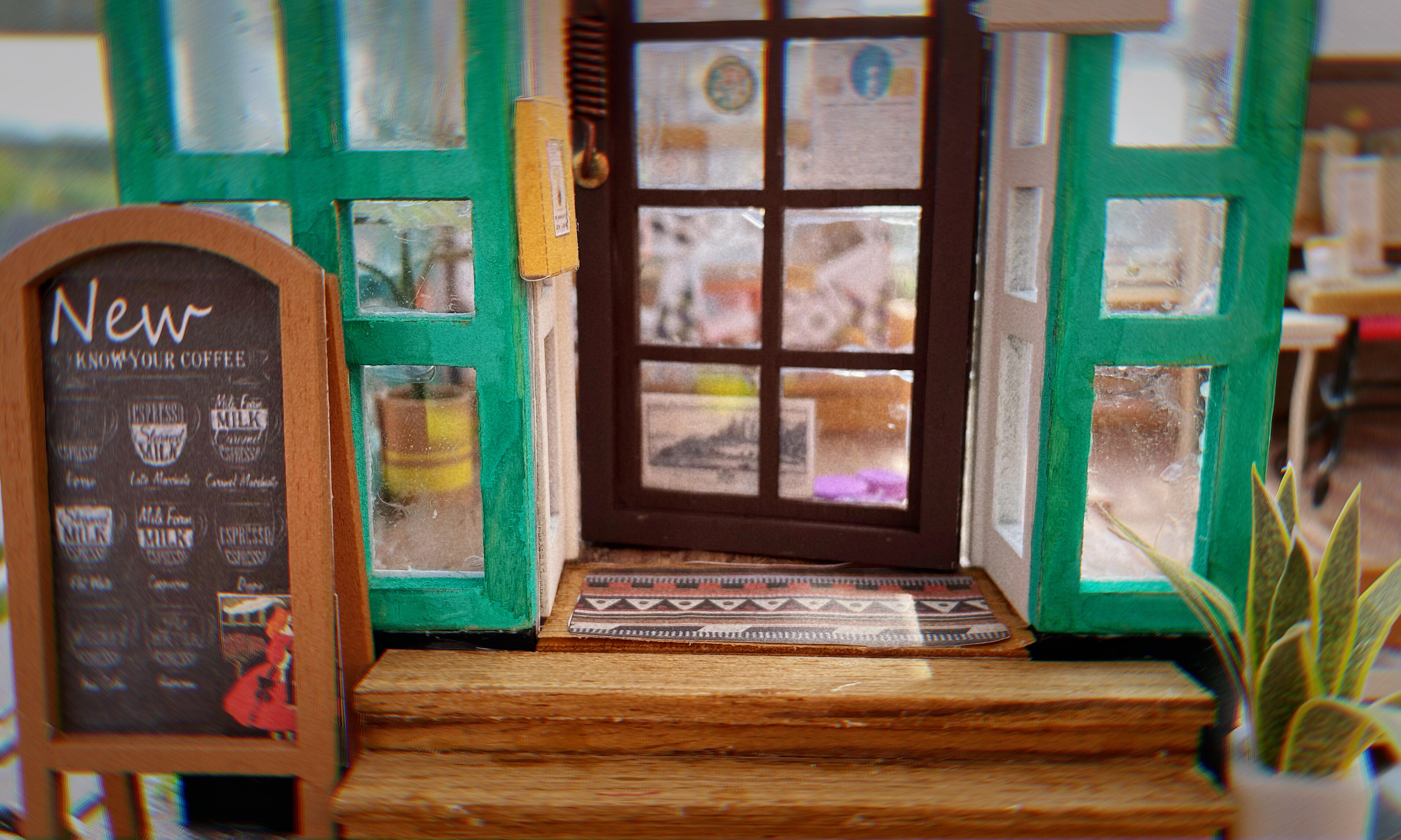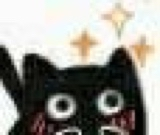下一章换了一个人读,“秋”字读起来很用力,读成了第四声,听起来像在打喷嚏 ![]()
果然这些外国人读中文不太行,明明我听其他语言混杂的有声书都读得还不错的…
#TheLiteromancer
“Men spoke of the glory of Japan and the weakness of China, that Japan wants the best for Asia, and that China should accept what Japan wants and give up. But what do these words mean? How can ‘Japan’ want something? ‘Japan’ and ‘China’ do not exist. They are just words, fiction. An individual Japanese may be glorious, and an individual Chinese may want something, but how can you speak of ‘Japan’ or ‘China’ wanting, believing, accepting anything? It is all just empty words, myths. But these myths have powerful magic, and they require sacrifices. They require the slaughter of men like sheep.”
这里说到国家本身是没有自由意志的,无法发起战争,我想起 Im Westen Nichts Neues 了:
Tjaden erscheint wieder. Er ist noch immer angeregt und greift sofort wieder in das Gespräch ein, indem er sich erkundigt, wie eigentlich überhaupt ein Krieg entstehe.
»Meistens so, daß ein Land ein anderes schwer beleidigt«, gibt Albert mit einer gewissen Überlegenheit zur Antwort.
Doch Tjaden stellt sich dickfellig. »Ein Land? Das verstehe ich nicht. Ein Berg in Deutschland kann doch einen Berg in Frankreich nicht beleidigen. Oder ein Fluß oder ein Wald oder ein Weizenfeld.«
»Bist du so dämlich oder tust du nur so?« knurrt Kropp, »so meine ich das doch nicht. Ein Volk beleidigt das andere –«
»Dann habe ich hier nichts zu suchen«, erwidert Tjaden, »ich fühle mich nicht beleidigt.«
»Dir soll man nun was erklären«, sagt Albert ärgerlich, »auf dich Dorfdeubel kommt es doch dabei nicht an.«
»Dann kann ich ja erst recht nach Hause gehen«, beharrt Tjaden, und alles lacht.
»Ach Mensch, es ist doch das Volk als Gesamtheit, also der Staat –«, ruft Müller.
»Staat, Staat« – Tjaden schnippt schlau mit den Fingern – »Feldgendarmen, Polizei, Steuer, das ist euer Staat. Wenn du damit zu tun hast, danke schön.«
»Das stimmt«, sagt Kat, »da hast du zum ersten Male etwas Richtiges gesagt, Tjaden, Staat und Heimat, da ist wahrhaftig ein Unterschied.«
»Aber sie gehören doch zusammen«, überlegt Kropp, »eine Heimat ohne Staat gibt es nicht.«
»Richtig, aber bedenk doch mal, daß wir fast alle einfache Leute sind. Und in Frankreich sind die meisten Menschen doch auch Arbeiter, Handwerker oder kleine Beamte. Weshalb soll nun wohl ein französischer Schlosser oder Schuhmacher uns angreifen wollen? Nein, das sind nur die Regierungen. Ich habe nie einen Franzosen gesehen, bevor ich hierherkam, und den meisten Franzosen wird es ähnlich mit uns gehen. Die sind ebensowenig gefragt wie wir.«
»Weshalb ist dann überhaupt Krieg?« fragt Tjaden.
Kat zuckt die Achseln. »Es muß Leute geben, denen der Krieg nützt.«
»Na, ich gehöre nicht dazu«, grinst Tjaden.
»Du nicht, und keiner hier.«
»Wer denn nur?« beharrt Tjaden. »Dem Kaiser nützt er doch auch nicht. Der hat doch alles, was er braucht.«
»Das sag nicht«, entgegnet Kat, »einen Krieg hat er bis jetzt noch nicht gehabt. Und jeder größere Kaiser braucht mindestens einen Krieg, sonst wird er nicht berühmt. Sieh mal in deinen Schulbüchern nach.«
#TheLiteromancer #ThePaperMenagerie #ImWestenNichtsNeues
我确实觉得用“华人”而不是“中国人”一次来指代自己更合适!因为中国人指的就是中华人民共和国的人,但是中华民族的历史和传统更加源远流长,不局限于开国之后。
“德国人”不太一样,德语是 Deutsche(r),虽然现在指的是 Bundesrepublik Deutschland, 但是之前还有 Deutsche Demokratische Republik, Deutsches Reich 等等,用英文的 German 的话甚至可以追踪到日耳曼去…
“This is the character hua(華), and it is the only word for China and for the Chinese that has nothing to do with any Emperor, any Dynasty, anything that demands slaughter and sacrifice. Although both the People’s Republic and the Republic put it in their names, it is far older than they and belongs to neither of them. Hua originally meant ‘flowery’ and ‘magnificent,’ and it is the shape of a bunch of wildflowers coming out of the ground. See?
“The ancient Chinese were called huajen by their neighbors because their dress was magnificent, made of silk and fine tulle. But I think that’s not the only reason. The Chinese are like wildflowers, and they will survive and make joy wherever they go. A fire may burn away every living thing in a field, but after the rain the wildflowers will reappear as though by magic. Winter may come and kill everything with frost and snow, but when spring comes the wildflowers will blossom again, and they will be magnificent.
“For now, the red flames of revolution may be burning on the mainland, and the white frost of terror may have covered this island. But I know that a day will come when the steel wall of the Seventh Fleet will melt away, and the penshengjen and the waishengjen and all the other huajen back in my home will blossom together in magnificence.”
“And I will be a huajen in America,” Teddy added.
Mr. Kan nodded. “Wildflowers can bloom anywhere.”
@unagi 缺点可能在于华人有民族属性,比较排他。
@samehhkl 是这样吗?“他”指的是什么人?
我就比较喜欢原文最后一部分的解读,把“华”作了“花”的含义,所以只要祖上或者精神上还留有一点中华的东西,到哪里都是华人,这种东西和当下的朝代关系不大。

想吃鱼羊鲜了